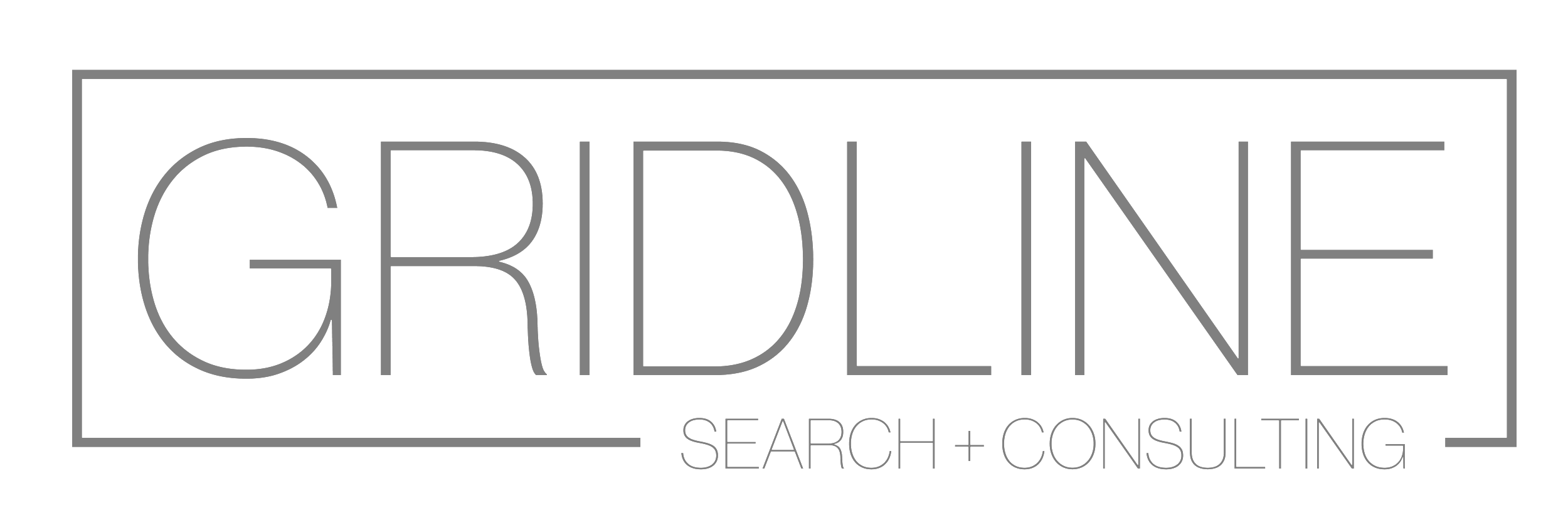When Lehman Brothers collapsed in September of 2008, I was at work at Dewey & LeBouef's London office. I had just become a 2nd year associate, working for attorneys in both the capital markets and insurance regulatory groups. Since I was junior and I was a first generation attorney, I did not know what the news meant for my career or the economy at large. Our practice at Dewey had a lot of interaction with the U.S. and the New York office, so broadly speaking, I knew that the news was not good. As everything turned into a full-blown economic crisis, I started to see deals stop cold and my billable hours drop. Like many BigLaw associates, my 1st year was not a high-billing year, so I was not sure how much to worry. More started to happen that got me worried. My cost of living adjustment was cut off. The firm announced a program called "DL Pursuits," which encouraged associates to leave the firm to pursue public interest work in return for 1/3 of your salary for one year. I thought: "Do I look into this for myself?" "Should I look into this?"
Ultimately, I stayed at the firm another 3 years and left on my own accord.
Much has already been written about how these times differ from 2008. Nevertheless, as we start to see BigLaw paycuts and layoffs (AmLaw is keeping a running list), I wanted to share my experience and tips for making it through:
Relax (honestly!), as you have time to figure this all out. Earning a living is important, but being healthy is paramount. We are in the middle of an unprecedented pandemic. Taking care of you and your family is most important. At the same time, when it comes to your BigLaw associate job, it's very unlikely that it will be gone tomorrow. Up until a couple weeks ago, large law firms were doing very well economically. Additionally, since the financial crisis, firms have been smarter about their finances. As a result, most BigLaw firms are in a position to make careful decisions regarding talent management. In fact, even the harshest talent announcements from AmLaw 200 law firms have provided some form of a timeline for furloughs and layoffs.
Communicate by phone and video when you are able. If you are well and actively able to work from home, make sure you are in communication with your team. Check in with your fellow associates, senior associates and partners. Call when you are able. Take advantage of the increased use in video conferencing to connect. Don't just send and respond to emails. Right now, your check-ins might simply say "How are you and your family feeling?" During the financial crisis, informal communication with my peers and supervisors was paramount. It helped affirm that I saw myself as "part of the team" and would be ready to chip in when the time came.
Offer succinct suggestions and updates by email. Across the board, clients are looking for quick and succinct responses from their lawyers right now. The U.S. just passed a very large, complicated and evolving piece of legislation with the stimulus bill. If you read something about the stimulus bill (or something else new) that you think clients should be informed on, consider sending a short email memo to a senior associate or partner. Make sure it is well-considered and well-edited. And don't be alarmed if there isn't a response. Attorneys in my capital markets group appreciated this when it came to the bailout bills and, later on, with respect to the Dodd-Frank Act.
Make sure clients are getting timely responses. When I was a junior associate, I would often get cc'd on emails from clients to whom I would not draft the response. Either the partner would respond directly or he/she would affirmatively ask me to draft a response. When the financial crisis hit, partners became more distracted by other things: firm management issues, business development, etc. As a result, there was more implicit reliance on associates to be proactive in drafting responses to clients and making sure they were taken care of.
Identify new opportunities for getting billable hours. Right now, nearly everything may be on hold at your firm in terms of billable work. But work will come back. Your firm's clients will have more questions. The courts will reopen. Business will finance, buy and sell again. Identify cases, deals, projects and assignments where you know that you can be helpful, even if you haven't worked in that area before. Go beyond saying "Do you have any work for me to do?" and be more specific: "I heard from [fellow associate] that [x] deal may be coming back soon and you might need additional assistance on the diligence review. I have some experience doing this for [x type] deals and I'd appreciate the opportunity to help out." When deals stopped completely at Dewey around the financial crisis, I looked for opportunities to provide securities and regulatory advice to our clients. I took it upon myself to identify and follow the demands for work in order to make sure that I kept billing time.
These are my tips for making it through the economic crisis, but I admit they come from the benefit of hindsight. Working at a BigLaw firm during a time of global uncertainty is stressful. But, if nothing else, keep these two things in mind:
Nobody has experienced what is going on before and everyone is still trying to figure it all out.
If you show that you are there to work and be a part of the team, partners will remember it.





















